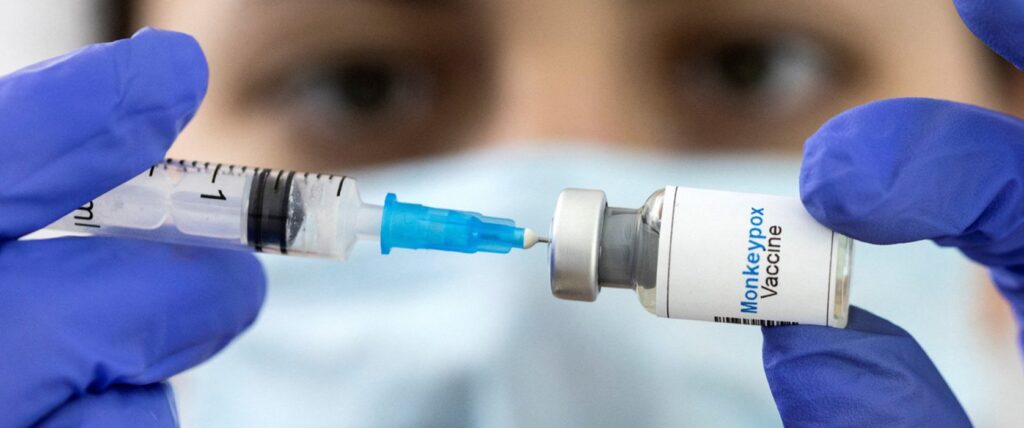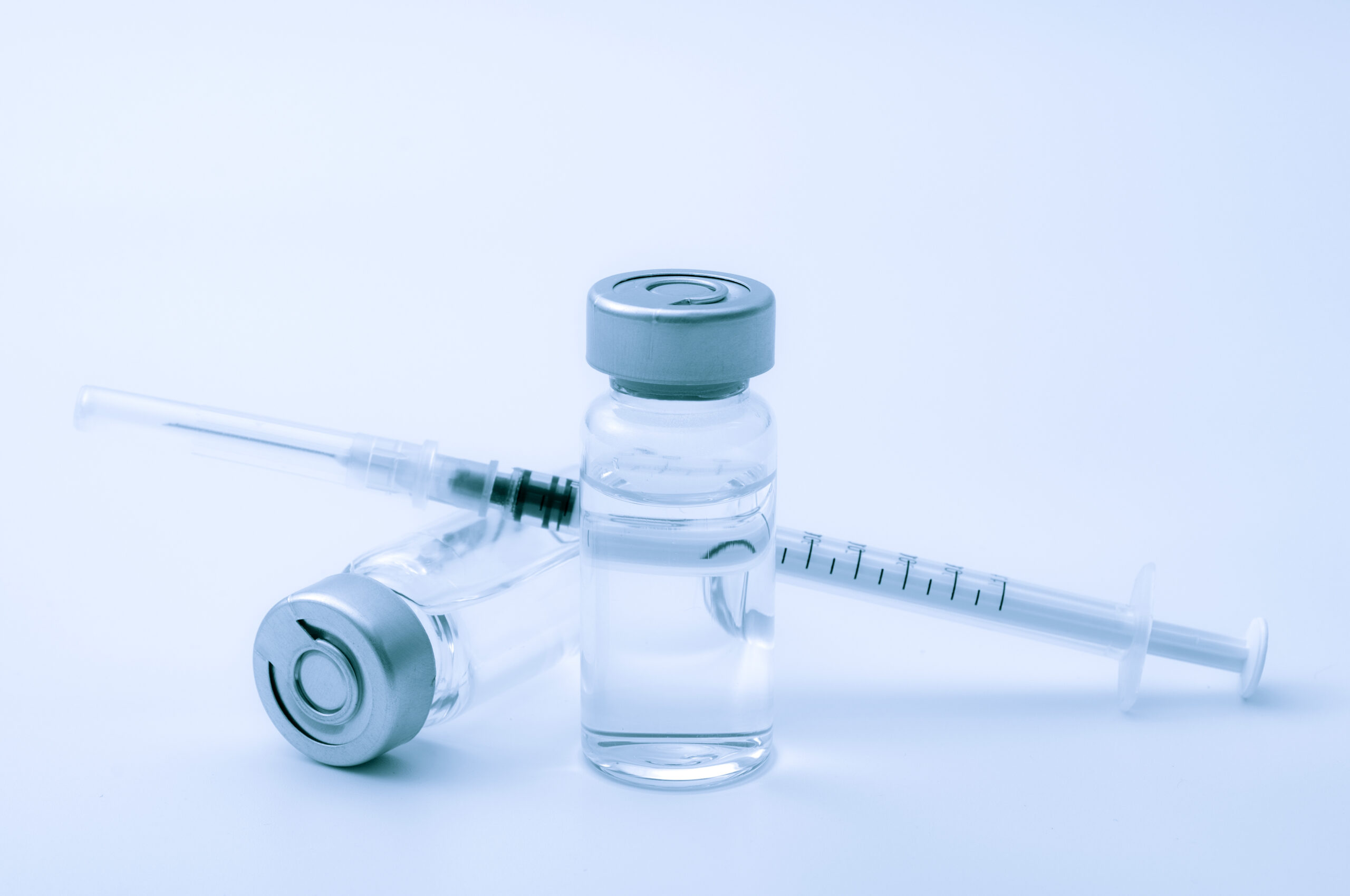
As winter approaches and social gatherings fill our calendars, ensuring optimal protection against respiratory viruses becomes paramount. There are three crucial vaccines available this year, and taking them in early December can position you for maximum defense against severe illness during those late-December and early-January events. While individual immunity may vary, respiratory virus vaccines typically require a few weeks to activate and provide the necessary antibodies.
In addition to updated COVID vaccines, there are groundbreaking RSV (respiratory syncytial virus) shots introduced this year. The CDC recommends these for older adults and pregnant individuals in the third trimester, as the immunity can be passed on to newborns. Annual flu vaccines are also readily available for everyone aged 6 months and older.
This comprehensive array of vaccines equips individuals, especially those at high risk of severe respiratory diseases, with the necessary tools to fortify themselves ahead of winter. If you haven’t received your flu, COVID, or RSV shot yet, don’t fret – December is still a timely opportunity to protect yourself before the winter months and the holiday season.
However, navigating through various vaccine recommendations and guidelines requires nuance. Factors such as age, underlying health conditions, and the timing of your last vaccine dose or positive COVID test add complexity to the decision-making process.
According to Dr. Amesh Adalja, senior scholar at the Center for Health Security at the Johns Hopkins Bloomberg School of Public Health, “There’s an art to taking that guidance and applying it to the patient in front of you.”
To assist you in deciphering this guidance, let’s delve into the specifics of each vaccine and the optimal scheduling for your appointments.
Introduction: As we age, our susceptibility to severe illnesses from respiratory viruses like flu, COVID-19, and RSV increases. For those in their 60s and beyond, staying informed about vaccination recommendations is crucial. Here’s what the CDC advises for individuals in this age group regarding the three major vaccines.
COVID Vaccine: Strong Yes If you’re 60 or older, a strong recommendation is in place for receiving a new formula and single shot of Pfizer’s or Moderna’s COVID-19 vaccine. This can be done if it’s been two months since your last dose (or three months since your last positive COVID-19 test). The Novavax vaccine, the only protein-based COVID-19 vaccine in the US, is also an option after a two-month interval. Insurance typically covers the entire cost, and even without insurance, the shot is free at participating pharmacies through the Bridge Access Program.
Flu Vaccine: Strong Yes Older adults face an increased risk of severe flu-related illness. The CDC recommends considering a higher-dose flu vaccine, especially if it’s available and convenient. This is particularly pertinent given that a significant percentage of flu-related deaths occur in individuals aged 65 and older.
RSV Vaccine: Up to You and Your Doctor For those aged 60 and older, there are two RSV vaccines available, with the CDC advocating “shared clinical decision-making.” This acknowledges that the risk of RSV isn’t uniform across this age group, with certain health conditions amplifying the severity. Consult with your doctor or pharmacist to make an informed decision about scheduling an RSV vaccine.
Getting All Three Vaccines: Safe, but Considerate Timing The CDC assures the safety of receiving RSV, flu, and COVID-19 vaccines simultaneously. However, due to limited data on combined side effects, it might be prudent to consider getting two vaccines at one appointment (e.g., COVID and flu) and the third (RSV) a few weeks later. Factors such as convenience and accessibility play a role, with healthcare professionals suggesting a personalized approach based on individual circumstances.
In the words of Jennifer Bourgeois, a pharmacist and health expert, “If it’s a situation where the patient may have reduced access to the vaccinations, then I would recommend all vaccines together.” Ultimately, your health provider can guide you in making the best choices for your well-being.
Pregnant? You may also get three shots
Health officials have always stressed the importance of getting vaccinated against the flu during pregnancy because of the potential for complications the virus can cause. The same is true for COVID-19 — the vaccines are recommended by medical organizations that treat pregnant people and their newborns, including the American College of Obstetricians and Gynecologists.
The RSV vaccine is recommended for use in pregnancy during weeks 32 through 36 of pregnancy. When it’s given during pregnancy, the antibodies will offer babies some protection in the months after they’re born. According to the CDC, the RSV vaccine has been shown to reduce the risk of RSV hospitalization for babies by 57% in the first six months after birth.
The vaccine isn’t the only RSV news for people who are pregnant and their babies. Also this year, the FDA approved and the CDC recommended a new monoclonal antibody treatment for very young children that can reduce the risk of hospitalizations from RSV by up to 80%, called nirsevimab. It can be given to young children like a shot to all babies in their first RSV season, and some children 8 to 19 months in their second RSV season.
The CDC noted that most babies will only need one shot — either the maternal vaccine through their parent when pregnant or the monoclonal antibody.
Everyone else
Everyone age 6 months and older, with rare exceptions, should get an annual flu vaccine, according to the CDC. While there are a few different flu shots available, if you’re younger than age 65, it shouldn’t matter which one you get (save, of course, people with allergies). However, certain people (including people who are pregnant, people with weakened immune systems and other health conditions) shouldn’t get the nasal spray vaccine.
To find a flu vaccine, you can use Vaccines.gov to search for appointments and pharmacies near you.
Similarly, everyone aged 6 months and older can get an updated COVID-19 shot, as long as it’s been at least two months since their last dose. (Novavax is limited to people 12 and older.) And if you recently had COVID-19, the CDC says, you can consider waiting three months since your infection to get the COVID shot. Adalja stresses it’s good to wait at least three months since your last confirmed COVID case (possibly a bit longer, if you’re a lower-risk adult), because getting a boost too close to infection won’t add to your immunity the way you want it to.
“This is an updated vaccine, so you want to add to your repertoire of immune response that you have,” he added.
As we move out of the COVID-19 pandemic, but the virus remains very much with us, the emphasis from a public health standpoint has been on protecting people most vulnerable to severe disease. In addition to your age, you want to consider your personal health factors and make sure you have the best tools available for protection, whether it’s from the flu, COVID or RSV.
“The higher risk you are, the more you want your protection buffed up,” Adalja said.




